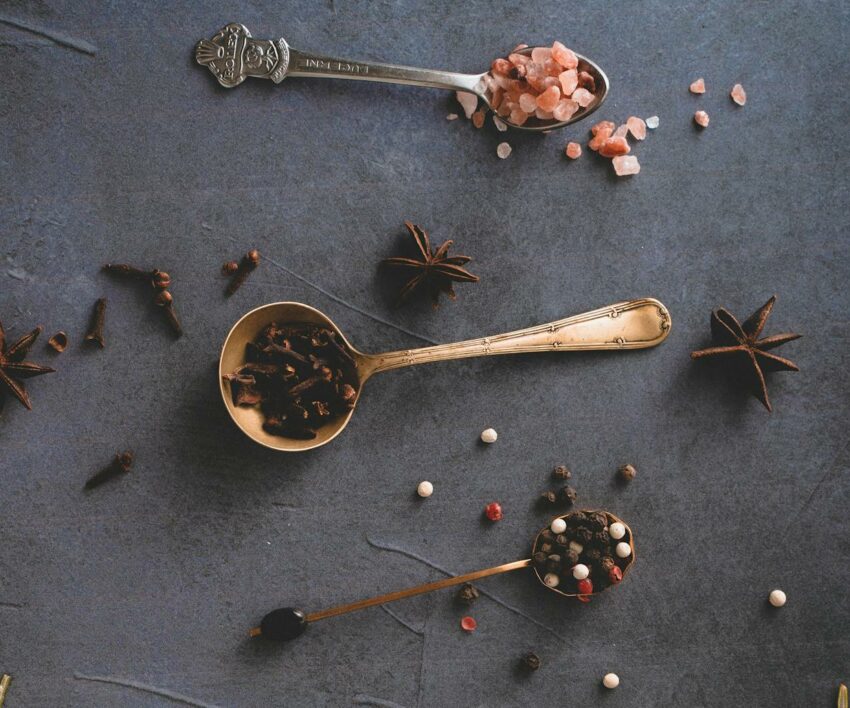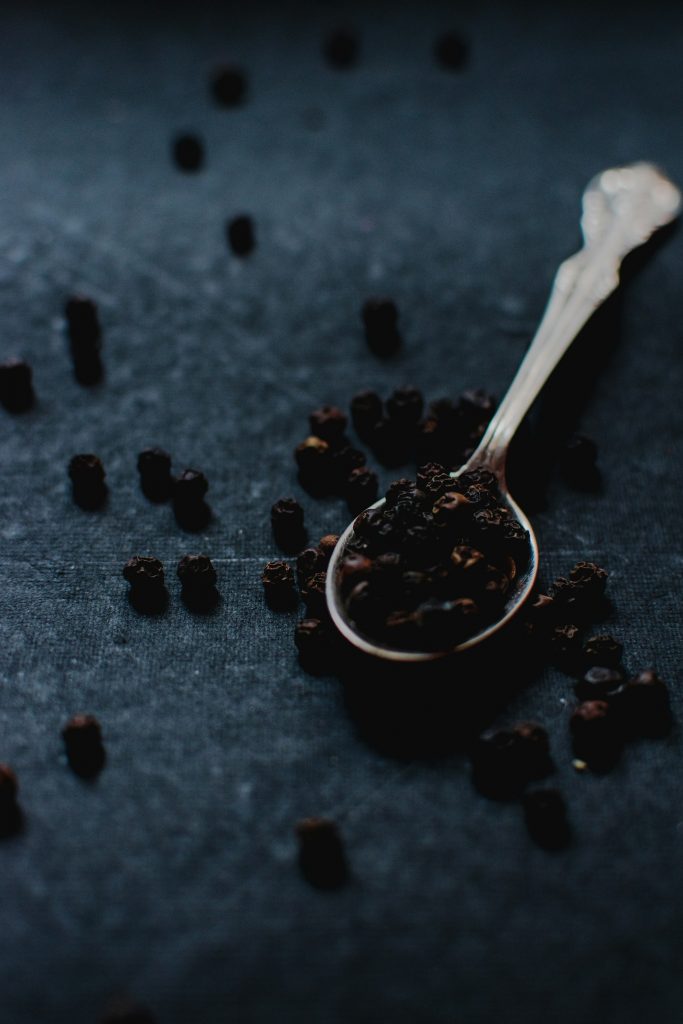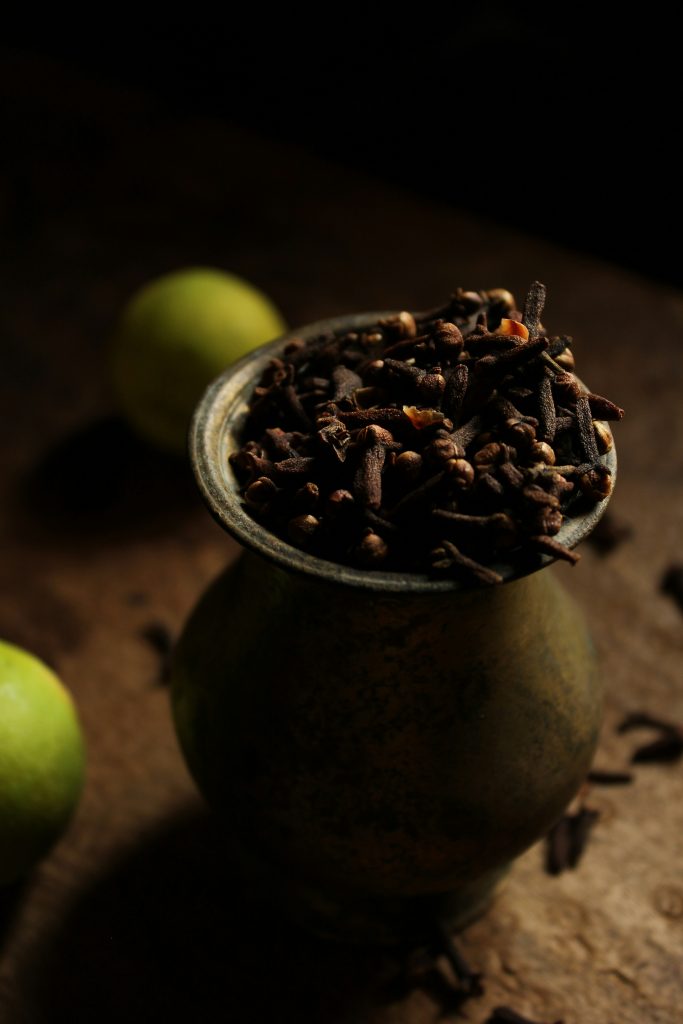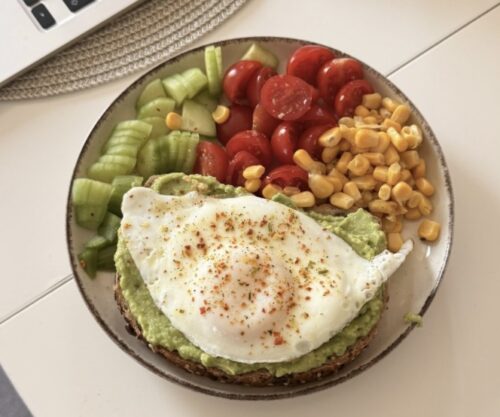
When I was younger, cloves were the warm, spicy scent that floated through my grandmother’s kitchen when she made chutney or baked fruit. I never gave much thought to what those little brown buds actually did, beyond making things smell amazing. But lately, I’ve started to pay more attention to the spices in my pantry, and cloves are the real dark horse.
Cloves have antimicrobial properties, which means they help fight bacteria. Some mouthwashes and toothpastes include clove oil for this reason. Add that to your list of reasons to sip clove tea when you feel a bit under the weather.
A sweet helper for blood sugar
There’s growing interest in how cloves may help regulate blood sugar. Some early studies show that clove extract may improve how your body uses insulin. It’s not a substitute for a healthy lifestyle or medication, but it could be a helpful ally.
Bone-friendly benefits
Cloves contain compounds that may support bone health. Manganese plays a key role in building and maintaining strong bones, and cloves are one of the richest sources of it. It’s another reason to sprinkle them into your weekly meals.
Calm your tummy
Traditionally, cloves have been used to ease digestive discomfort. Newer research supports this—eugenol may help reduce stomach ulcers and even fight off certain bacteria linked to gut issues.
A few things to keep in mind
As with most good things, moderation is key. Eating cloves as part of your meals is safe, but avoid overdoing clove oil—it’s very concentrated and can be harmful, especially for children. If you’re on medication (particularly for diabetes or blood thinning), check in with your doctor before taking cloves in supplement or oil form.
How to use cloves at home
Cloves can be used in both savoury and sweet dishes. Add them to curries, stews, baked fruit, or even mulled wine. You can also brew clove tea by boiling whole cloves for a few minutes—it’s comforting, aromatic, and may help soothe digestion or congestion.
Cloves might not be the flashiest ingredient in your spice drawer, but don’t overlook them. With their warming flavour and potential health perks, these little buds deserve a spot in your everyday cooking.
First Published: Food & Home
Compiled By: Maegan-Leigh Jacobs
Also see: Feeling drained? Your body might need electrolytes, not caffeine






